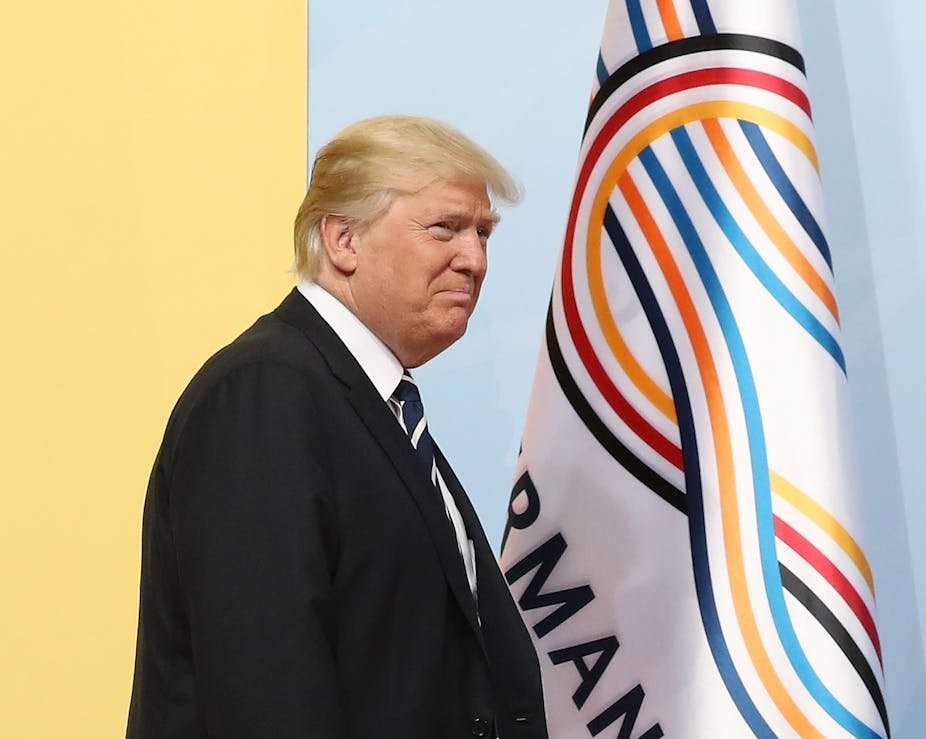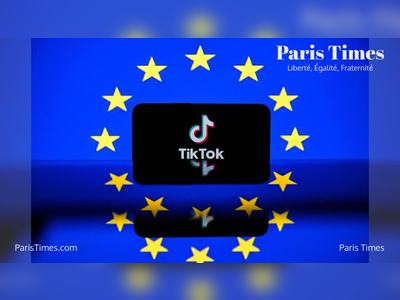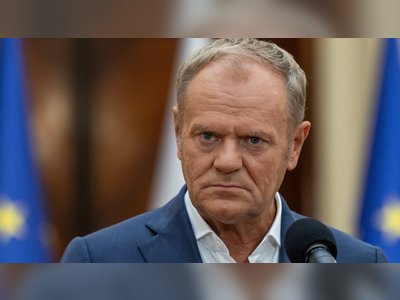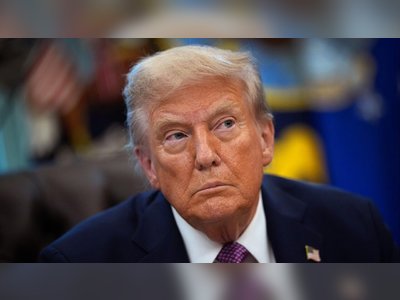
Germany's Changing Ties with the U.S. During a Second Trump Presidency
How a revitalized Trump administration could redefine the transatlantic alliance and question Germany's position in international affairs
In November 2024, Deutsche Welle, Germany's state-owned news agency, released an article titled “Trump’s election victory is a nightmare for Germany,” highlighting the increasing concern in Germany following Donald Trump's re-election as President of the United States.
Within 24 hours, Chancellor Olaf Scholz announced the breakdown of his three-party coalition, citing disputes over the economy and the U.S. election results as factors.
A month later, Scholz’s government was ousted after losing a confidence vote, leading to federal elections set for February 23, 2025.
Germany and the United States have long enjoyed a robust alliance, established over years of economic, military, and diplomatic cooperation.
However, Trump's return to office has sparked fears in Germany that this relationship might be fundamentally changed, as his “America First” foreign policy conflicts with the multilateralism central to Europe’s international relations approach.
In her 2024 memoir, former Chancellor Angela Merkel described Trump’s first term as a “challenge to the world,” especially concerning multilateralism, which is crucial to the European Union’s principles.
Germany faces the threat of Trump imposing tariffs on key exports or retracting support for Ukraine in its conflict with Russia.
Germany has been a significant supporter of Ukraine, and Trump's potential cutback on support could place additional financial and diplomatic burdens on Berlin.
As one of the world's leading economies, Germany’s close ties with the U.S. have been pivotal in shaping European security and the global economic landscape.
The German-American alliance traces back to the post-World War II era, when the U.S. assisted in reconstructing West Germany to counter Soviet influence during the Cold War.
Despite this historically strong bond, Merkel’s 2017 meeting with Trump underscored the stark differences between the two leaders.
Having grown up in East Germany during the Cold War, Merkel was skilled in nuanced diplomacy, while Trump's transactional approach to international relations left Merkel and other European leaders struggling to adjust.
Despite these tensions, Germany’s role in the international order underwent a significant transformation in 2022 when Russia’s invasion of Ukraine led to a shift in German foreign policy.
Scholz’s historic speech in February 2022 signaled a “Zeitenwende” (watershed moment) for Germany, indicating a more proactive military stance and an increased defense budget.
By 2024, Germany met NATO's defense spending target of 2% of GDP, a goal it long struggled to reach.
This shift was partly driven by American pressure, with Trump’s earlier criticisms of Germany’s defense spending pushing the country to meet NATO commitments.
During Trump’s first term, Germany faced considerable pressure to increase its NATO contributions, as the then-president repeatedly threatened to reduce U.S. support unless European allies met defense spending targets.
As Germany heads into its next round of federal elections, the country must make critical decisions about its relationship with the United States under Trump's second term.
With the world’s two largest economies and military powers potentially in conflict, the future of the transatlantic alliance depends on Germany's ability to remind Trump of the long-standing partnership between the two nations and the benefits of continued cooperation.
Amid these challenges, the new German government must balance its commitment to European unity and multilateralism with the realities of an American president whose policies often prioritize national over global interests.
Germany's response to these developments will shape its international role for years to come, and maintaining a strong, stable relationship with the U.S. will be vital for preserving its global influence.
Within 24 hours, Chancellor Olaf Scholz announced the breakdown of his three-party coalition, citing disputes over the economy and the U.S. election results as factors.
A month later, Scholz’s government was ousted after losing a confidence vote, leading to federal elections set for February 23, 2025.
Germany and the United States have long enjoyed a robust alliance, established over years of economic, military, and diplomatic cooperation.
However, Trump's return to office has sparked fears in Germany that this relationship might be fundamentally changed, as his “America First” foreign policy conflicts with the multilateralism central to Europe’s international relations approach.
In her 2024 memoir, former Chancellor Angela Merkel described Trump’s first term as a “challenge to the world,” especially concerning multilateralism, which is crucial to the European Union’s principles.
Germany faces the threat of Trump imposing tariffs on key exports or retracting support for Ukraine in its conflict with Russia.
Germany has been a significant supporter of Ukraine, and Trump's potential cutback on support could place additional financial and diplomatic burdens on Berlin.
As one of the world's leading economies, Germany’s close ties with the U.S. have been pivotal in shaping European security and the global economic landscape.
The German-American alliance traces back to the post-World War II era, when the U.S. assisted in reconstructing West Germany to counter Soviet influence during the Cold War.
Despite this historically strong bond, Merkel’s 2017 meeting with Trump underscored the stark differences between the two leaders.
Having grown up in East Germany during the Cold War, Merkel was skilled in nuanced diplomacy, while Trump's transactional approach to international relations left Merkel and other European leaders struggling to adjust.
Despite these tensions, Germany’s role in the international order underwent a significant transformation in 2022 when Russia’s invasion of Ukraine led to a shift in German foreign policy.
Scholz’s historic speech in February 2022 signaled a “Zeitenwende” (watershed moment) for Germany, indicating a more proactive military stance and an increased defense budget.
By 2024, Germany met NATO's defense spending target of 2% of GDP, a goal it long struggled to reach.
This shift was partly driven by American pressure, with Trump’s earlier criticisms of Germany’s defense spending pushing the country to meet NATO commitments.
During Trump’s first term, Germany faced considerable pressure to increase its NATO contributions, as the then-president repeatedly threatened to reduce U.S. support unless European allies met defense spending targets.
As Germany heads into its next round of federal elections, the country must make critical decisions about its relationship with the United States under Trump's second term.
With the world’s two largest economies and military powers potentially in conflict, the future of the transatlantic alliance depends on Germany's ability to remind Trump of the long-standing partnership between the two nations and the benefits of continued cooperation.
Amid these challenges, the new German government must balance its commitment to European unity and multilateralism with the realities of an American president whose policies often prioritize national over global interests.
Germany's response to these developments will shape its international role for years to come, and maintaining a strong, stable relationship with the U.S. will be vital for preserving its global influence.











